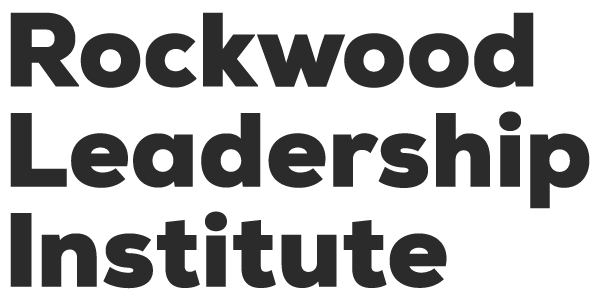Alum Hamutal Gouri has graciously allowed us to share this post about her thoughts on the importance of community in social change work on our blog. You can read the original post here.

Working for social change is a labor of love and patience… and, sometimes, of rage and righteous indignation. But at the end of the day, it is mostly about love and patience. Working for social change is also about knowing to care for ourselves and for others, so that we will not burn out too much, or lose our spark, our passion, and our belief that change is possible.
Those who dedicate their lives to this labor of love often make a conscientious choice to operate from the margins. They insist on doing something and talking about issues that only a few actually care about, or even worse: that too many people with power who wish for things to stay just the way they are…
For me, working for social change means constantly looking for the deep narratives that undermine or hamper efforts for positive change, as well as for inspirational stories that spark the passion and endow people with the power and determination to go on. Most of the time, I insist on maintaining a positive and hopeful attitude. However, when that does not work, when I am simply short of magic or the strength to go on, I find solace in stories. The stories sustain me, and the people who shared their stories with me remind me that the quest for social change is not for the weak of heart, nor for those who seek quick fixes and immediate gratification.
Moreover, working for deep, structural change means that we must always look for connections, for the shared sources of social and political problems and ills. Of course, this complicates things even more.
Well, since I am at an age when it is important for a woman to maintain her physical health and overall well-being, I practice – as I mentioned earlier – positive thinking. It really works… well, most of the time. There are things, however, that really threaten to punch holes in my “Miss Positivity” robe. One of them is what I like to call the “Two Wrongs Make A Right” principle, when people believe or claim that one social ill can actually make another one acceptable. Truth is, it is a mechanism of denial or of avoiding doing something to correct a wrong that is, well, hmmm, “not our problem.”
“Not our problem” is one of the deep narratives that hamper social change efforts. It is when people just cannot be bothered with a problem that does not affect them, be it poverty, inequality, modern slavery, or violence. The thing is, we are all affected by those wicked problems. But if we dig deeper, and look for the root cause of the “not my problem” phenomenon, we’ll find it in good (or, rather, evil) old practices such as “divide and conquer,” and setting one disenfranchised community against another.
“Not our problem” is an adequate name for this wonderful story, which I found thanks to my wonderful storytelling online (and offline) colleague Norm Perrin. I think it makes a compelling case to my point about multiple wrongs adding up to a disaster.
It is a story of king standing on the porch overlooking his kingdom, eating a rice puff with honey. A drop of honey falls from the rice cake to the street below, but the king could not be bothered to send someone to clean it, because “it is not our problem.” Well, the single drop of honey causes great mayhem that leads to a full-fledged war, destruction, and death. The king thought that the problem he caused will simply go away, or fixed by the terrible violence that ensued. It is a story of corrupt and obtuse power, and about “divide and conquer” at its worst.
And now I have written my last word of interpretation. Now I will let the story do its work, with love and patience. Read “A Little Drop of Honey” at Storywise »
For more from Hamutal, check out her blog Storytelling for Social Change.
Got a guest post for us? We love sharing alum posts! Send your links to [email protected].

